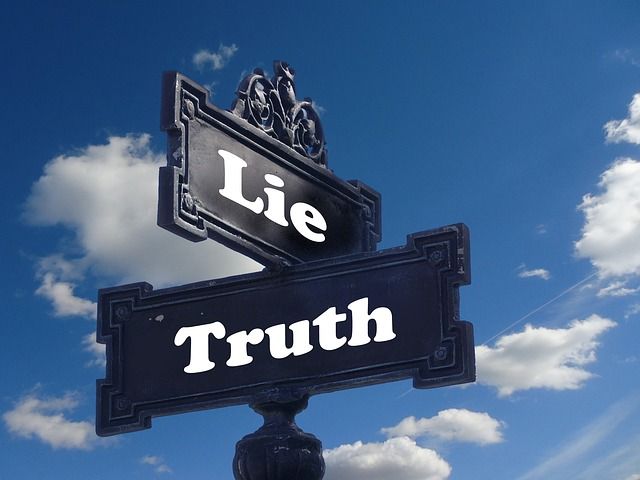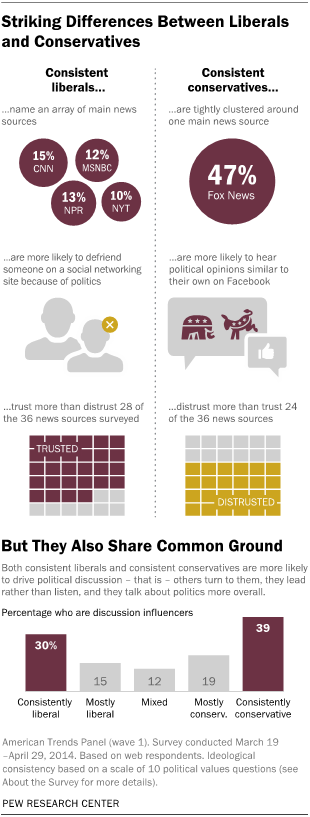To put this in everyday language, Karl Marx believed that capitalism would eventually destroy itself and lead to a better form of social organisation with greater vitality for the people in the society.
"For Marx, class antagonisms under capitalism, owing in part to its instability and crisis-prone nature, would eventuate the working class' development of class consciousness, leading to their conquest of political power and eventually the establishment of a classless, communist society governed by a free association of producers. Marx actively fought for its implementation, arguing that the working class should carry out organised revolutionary action to topple capitalism and bring about socio-economic emancipation."
This theory is built around the idea that the working class are able to gain a simultaneous cohesive enlightenment.
However, part of the problem in a multi-source news technology environment is that it is very, very difficult to ascertain the truth, and therefore gain enlightenment. People can argue over what is real and what is not - there are two or multiple angles to every report.
This 'truth searching / confusion' phase may simply be a stage in the evolution of the enlightenment period or creating confusion could be a method to stop enlightenment all together.
If you have Facebook/Twitter/Linked-In , consider the quality of your 'News Feed', consider the authority of who you listen to, consider the legitimacy of voice, consider the bias of the author, consider if the ultimate origin of the message is from the worker (community) or the producer owner (propaganda).
Yes, some of these social platforms encourage debate that is helpful to develop a unified social consensus. However, if you find that these platforms simply make you confused and stressed - then perhaps it is time to leave and seek reputable sources that reveal the truth.
Here are the sources I use to determine my news:
Pew Research Center - Pew Research Center is a nonpartisan fact tank that informs the public about the issues, attitudes and trends shaping America and the world. We conduct public opinion polling, demographic research, content analysis and other data-driven social science research. We do not take policy positions.
This is a particularly revealing article can be clicked to develop further insight.






